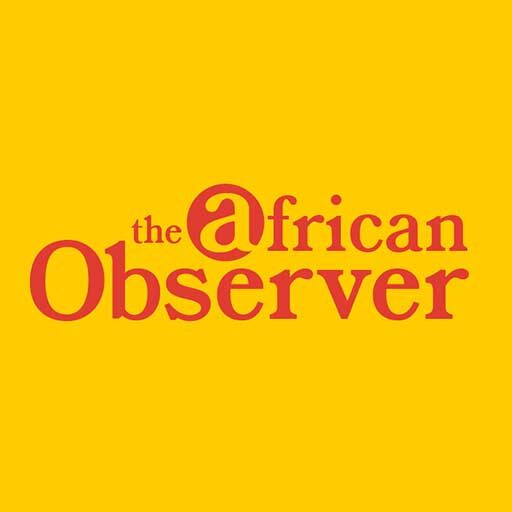African leaders engaged in peace talks over Ukraine have raised their voice in calling for the unblocking of Russian grain and fertilizer exports to revive trade through the Black Sea, according to South African President Cyril Ramaphosa’s spokesperson.
Vincent Magwenya, the official spokesperson for President Ramaphosa, stated that the leaders have also urged the United Nations to take action and release 200,000 tonnes of Russian fertilizer stuck in European Union ports. During a press briefing in Pretoria, Magwenya shared that the leaders emphasized the need for specific measures to remove barriers obstructing Russian grain and fertilizer exports, which would enable the resumption of the Black Sea deal in its full capacity.
The withdrawal of Russia from a UN-brokered deal for Ukrainian grain exports through the Black Sea last month led to a significant surge in grain prices, impacting the poorest nations severely. In response to this, the African leaders have voiced their concerns and advocated for the resolution of the impasse.
Moscow demands guarantees concerning its own exports, particularly fertilizers, as a condition for reaching a new agreement. President Ramaphosa, along with six other heads of state including Abdel Fattah al-Sissi of Egypt and Macky Sall of Senegal, conveyed their willingness to meet some of the Kremlin’s demands during talks with President Putin in St. Petersburg last week.
Recent events have seen Russia shelling ports in the Odessa region, which are crucial for facilitating grain exports under the previous agreement. The diplomatic efforts initiated by Egypt, South Africa, Senegal, and four other African nations aim to broker an end to hostilities between Kiev and Moscow.
The African leaders’ call to unblock Russian grain and fertilizer exports highlights the significance of restoring stability to the Black Sea region, which plays a vital role in global food security. The disruption caused by the withdrawal of the UN-brokered agreement has not only resulted in soaring grain prices but has also affected the livelihoods of farmers and the food security of vulnerable populations.
As the African continent comes together to address this issue, it seeks to ensure that trade flows smoothly, allowing countries to access essential commodities such as grain and fertilizers. By advocating for the release of the stranded Russian fertilizer and finding ways to unblock exports, the African leaders demonstrate their commitment to fostering economic cooperation and stability in the region.
The group’s appeal to the United Nations for intervention reflects a broader commitment to multilateralism and international cooperation. By urging the UN to act, African leaders recognize the organization’s potential to facilitate dialogue and find solutions to complex issues affecting global trade.
Efforts to resolve the conflict between Ukraine and Russia are crucial not only for these two nations but for the wider international community. The African leaders’ involvement in the peace talks serves as a testament to Africa’s commitment to promoting peace, stability, and cooperation across the globe.
In the coming weeks, it is expected that further discussions and negotiations will take place to address the concerns raised by both parties involved. As African leaders continue their diplomatic efforts, they hope to bring about a resolution that will reinstate the Black Sea deal, alleviate the impact on grain prices, and promote trade stability in the region.





